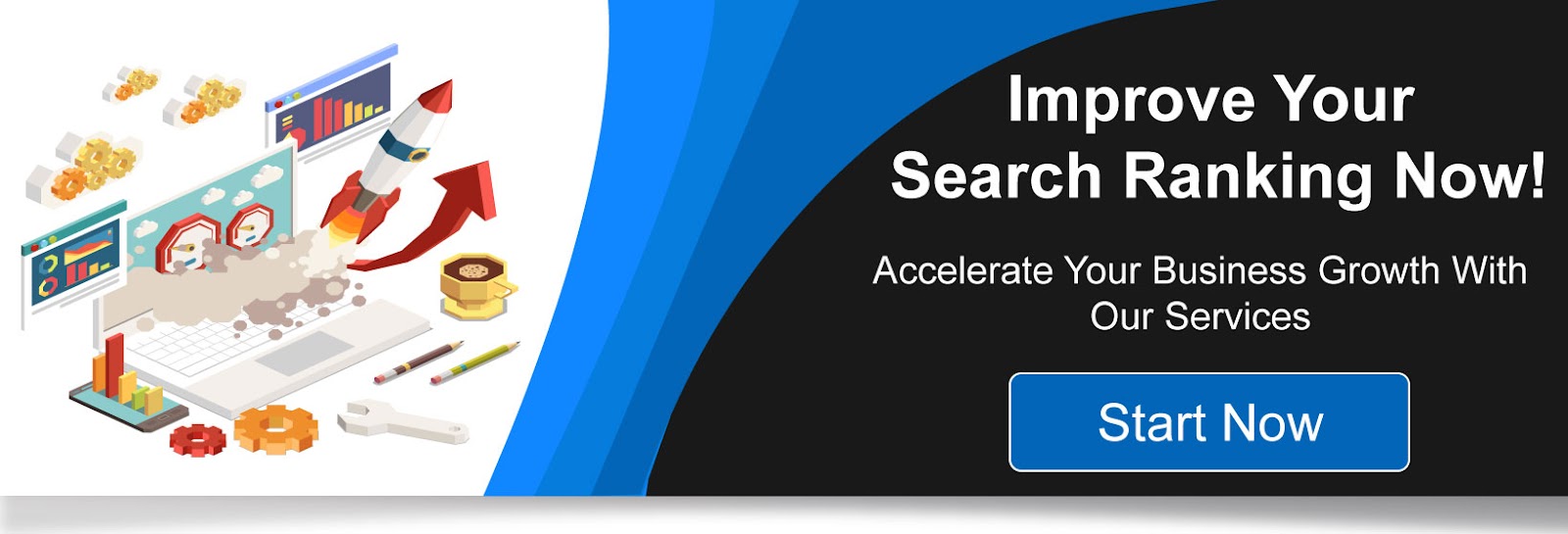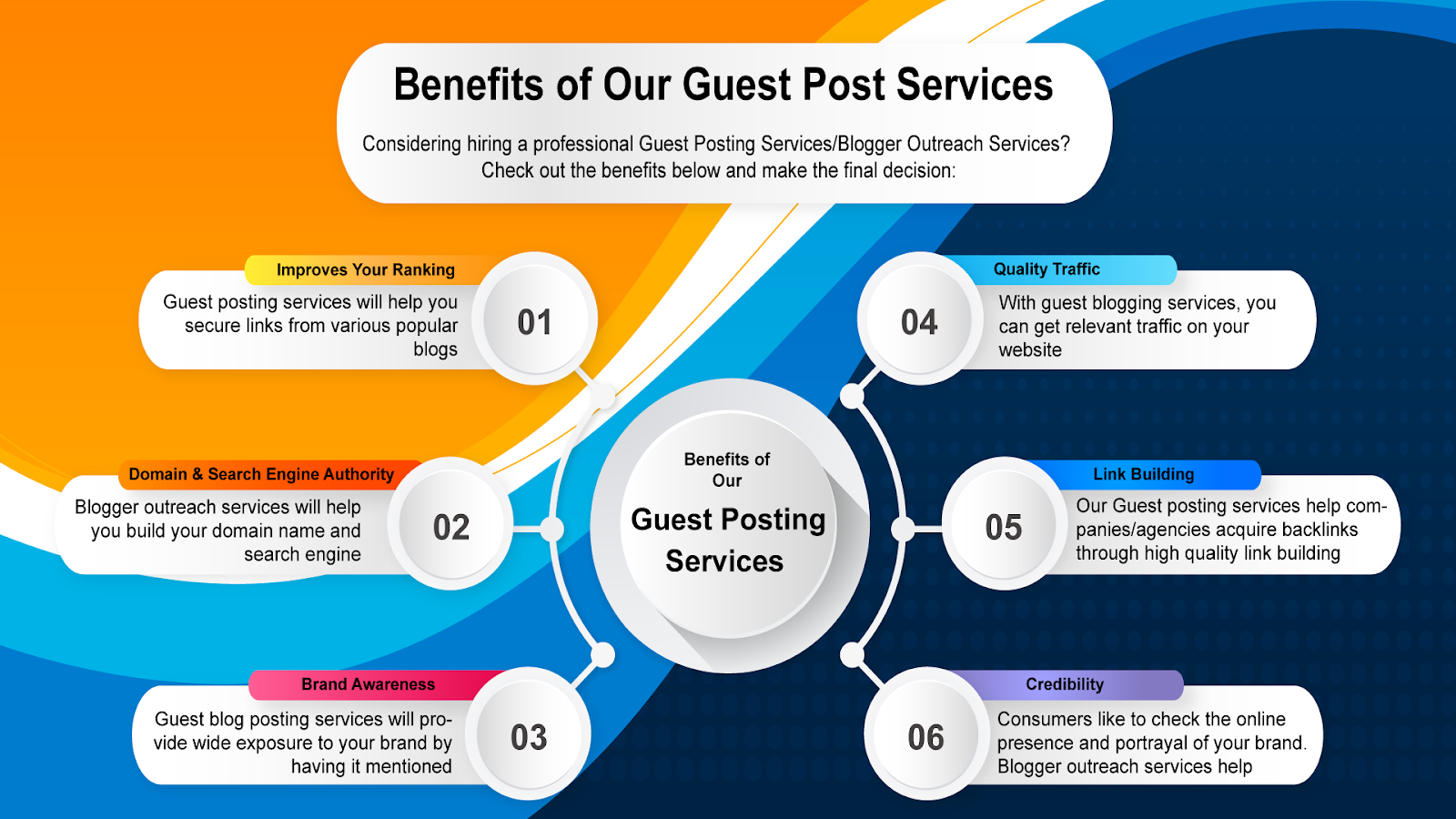Personal Development and Self-Help: A Gateway to Success
Personal development and self-help are critical components in achieving success in various aspects of life. Self help empowers individuals to take charge of their lives by identifying personal strengths and areas for improvement. This journey fosters self-awareness, emotional intelligence, and resilience, enabling people to develop positive habits and mindsets that drive personal growth.
Through deliberate practice, self-help methodologies cultivate a person’s ability to lead a more fulfilling and balanced life. Whether it’s learning how to manage stress, improve relationships, or overcome obstacles, personal development provides the tools necessary to achieve long-lasting success.
Financial Literacy: The Foundation of Wealth and Financial Freedom
Building wealth begins with financial literacy. Understanding key financial principles like budgeting, saving, investing, and debt management is crucial in securing financial freedom. Financial literacy provides the framework for making informed decisions about money, leading to better financial security and prosperity.
Budgeting Tips for Financial Success
One of the primary pillars of financial literacy is budgeting. Creating a well-structured budget allows individuals to track income, manage expenses, and prioritize saving. A simple approach to budgeting involves categorizing expenses, reducing unnecessary costs, and consistently reviewing financial goals. By following these budgeting tips, people can better allocate their resources and stay on track with their long-term financial objectives.
Wealth Building Through Smart Investments
To grow wealth, it’s essential to invest wisely. Wealth building is a long-term process that requires disciplined saving and investing in diverse financial vehicles such as stocks, bonds, and real estate. Developing a sound investment strategy based on personal risk tolerance, time horizon, and financial goals can lead to exponential growth of one's assets.
Goal Setting: Charting the Course for Personal and Financial Success
Goal setting is integral to achieving both personal and financial success. Effective goals are specific, measurable, attainable, relevant, and time-bound (SMART). Whether you're aiming for financial independence, career advancement, or personal improvement, defining clear objectives helps create a roadmap for success.
By breaking down larger goals into smaller, actionable steps, you can maintain motivation and stay focused on long-term aspirations. Goal setting also helps prioritize tasks, manage time, and track progress, ensuring that you stay committed to personal growth and development.
Mindfulness: Cultivating Inner Peace and Clarity
Mindfulness is a powerful tool in personal development, fostering a deep sense of awareness and focus. By practicing mindfulness, individuals can cultivate mental clarity, reduce stress, and enhance their overall well-being. Techniques such as meditation, deep breathing exercises, and mindful journaling are effective ways to integrate mindfulness into daily routines.
Stress Management Through Mindfulness
In today’s fast-paced world, managing stress is critical for maintaining mental and emotional health. Mindfulness-based stress reduction (MBSR) techniques help individuals cope with life’s challenges by promoting relaxation, self-awareness, and emotional balance. Regular mindfulness practice enables people to respond to stress in healthier and more constructive ways, leading to improved overall well-being.
Life Coaching: Unlocking Your Full Potential
Life coaching provides guidance and support for individuals striving to achieve personal and professional goals. A skilled life coach can help identify core values, overcome limiting beliefs, and create actionable strategies for growth. Whether you're seeking career advancement, improved relationships, or personal fulfillment, working with a life coach can accelerate your journey toward success.
Motivation Techniques: Fueling the Drive for Success
Staying motivated is essential for achieving long-term success. Motivation techniques, such as visualization, affirmations, and reward systems, can help individuals maintain focus and energy throughout their personal development journey. Setting small, incremental goals and celebrating milestones along the way ensures sustained progress and motivation.
Time Management: Mastering Productivity and Efficiency
Effective time management is crucial for maximizing productivity and achieving personal and professional goals. Techniques such as the Pomodoro Technique, time-blocking, and prioritization frameworks like Eisenhower’s Urgent-Important Matrix can help individuals stay organized, reduce procrastination, and optimize their daily schedules.
Positive Thinking: The Power of a Success Mindset
A positive mindset plays a critical role in personal development and success. Positive thinking fosters resilience, creativity, and the ability to overcome challenges. By focusing on solutions rather than problems, individuals can maintain a growth-oriented perspective, even in the face of adversity. Surrounding oneself with positive influences, practicing gratitude, and challenging negative thoughts are all key components of cultivating a success mindset.
Investment Strategies: Building Wealth for the Future
Investment strategies are essential in building long-term wealth. Diversifying your portfolio by investing in a mix of assets, such as stocks, bonds, and real estate, can reduce risk and maximize returns. Additionally, understanding the power of compound interest and adopting a buy-and-hold strategy for long-term growth is vital in successful investing.
Habit Formation: The Key to Lasting Change
Developing positive habits is the foundation of personal and financial success. By adopting consistent, productive behaviors, individuals can make significant progress toward their goals. The habit loop—cue, routine, and reward—explains how habits are formed and how they can be changed. Understanding this loop can help individuals break bad habits and create new ones that align with their personal development objectives.
Stress Management: Finding Balance in a Busy World
Stress management is essential for maintaining physical and mental well-being. Techniques like mindfulness, deep breathing, and exercise can help alleviate stress and prevent burnout. By identifying stress triggers and developing coping strategies, individuals can better manage their emotional responses to challenging situations.
Productivity Hacks: Maximizing Efficiency and Output
To enhance productivity, consider implementing productivity hacks such as the Pareto Principle (80/20 rule), which emphasizes focusing on the tasks that yield the most significant results. Tools like to-do lists, project management apps, and time-tracking software can help individuals stay organized and maximize their efficiency.
Self-Improvement Books: Fuel for Personal Growth
Self-improvement books offer valuable insights and strategies for achieving personal and professional success. Reading books on topics such as goal setting, emotional intelligence, and financial literacy can provide practical tools for personal development. Some recommended reads include “Atomic Habits” by James Clear, “The 7 Habits of Highly Effective People” by Stephen Covey, and “Thinking, Fast and Slow” by Daniel Kahneman.
Financial Planning: Achieving Long-Term Financial Goals
Effective financial planning involves setting clear financial goals, creating a budget, and developing a plan for saving and investing. By following a structured financial plan, individuals can ensure they are on the right path to achieving financial independence and security. This process also includes preparing for emergencies, retirement, and major life events.
Emotional Intelligence: Enhancing Personal and Professional Relationships
Emotional intelligence (EI) is the ability to recognize, understand, and manage our own emotions and those of others. High emotional intelligence is critical for building strong personal and professional relationships. Developing EI enhances communication, empathy, and conflict resolution skills, contributing to greater success in both personal and career development.
Debt Management: Regaining Control of Your Finances
Debt management is an essential component of financial literacy. Reducing high-interest debt and creating a debt repayment plan can help individuals regain control of their finances. Strategies such as the debt snowball or debt avalanche method are effective ways to systematically pay down debt and achieve financial freedom.
Success Mindset: The Driving Force Behind Personal Growth
A success mindset is the belief that challenges are opportunities for growth. By cultivating a growth-oriented mindset, individuals can overcome obstacles, embrace change, and achieve their goals. Developing resilience, perseverance, and a commitment to continuous learning are key components of a success-driven mentality.
Money Management: The Key to Financial Stability
Effective money management is vital for achieving financial stability and long-term success. This involves tracking expenses, saving regularly, and making informed decisions about spending. By developing smart money management habits, individuals can build wealth, avoid debt, and secure their financial future.





